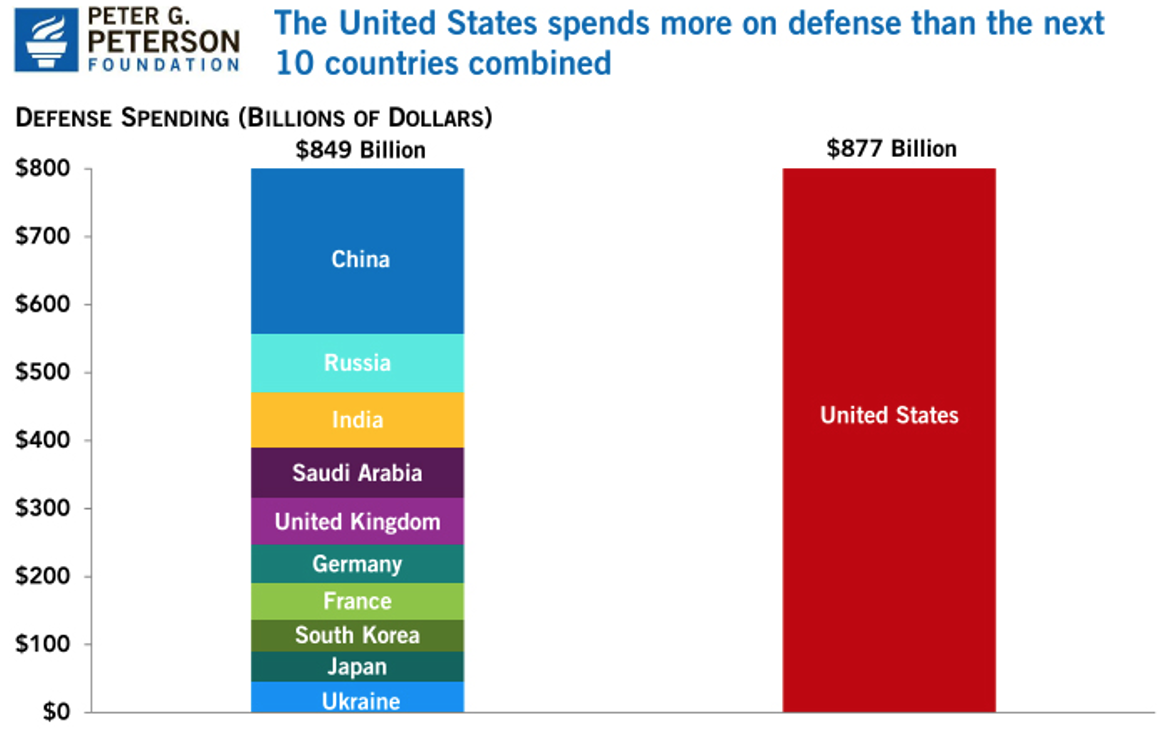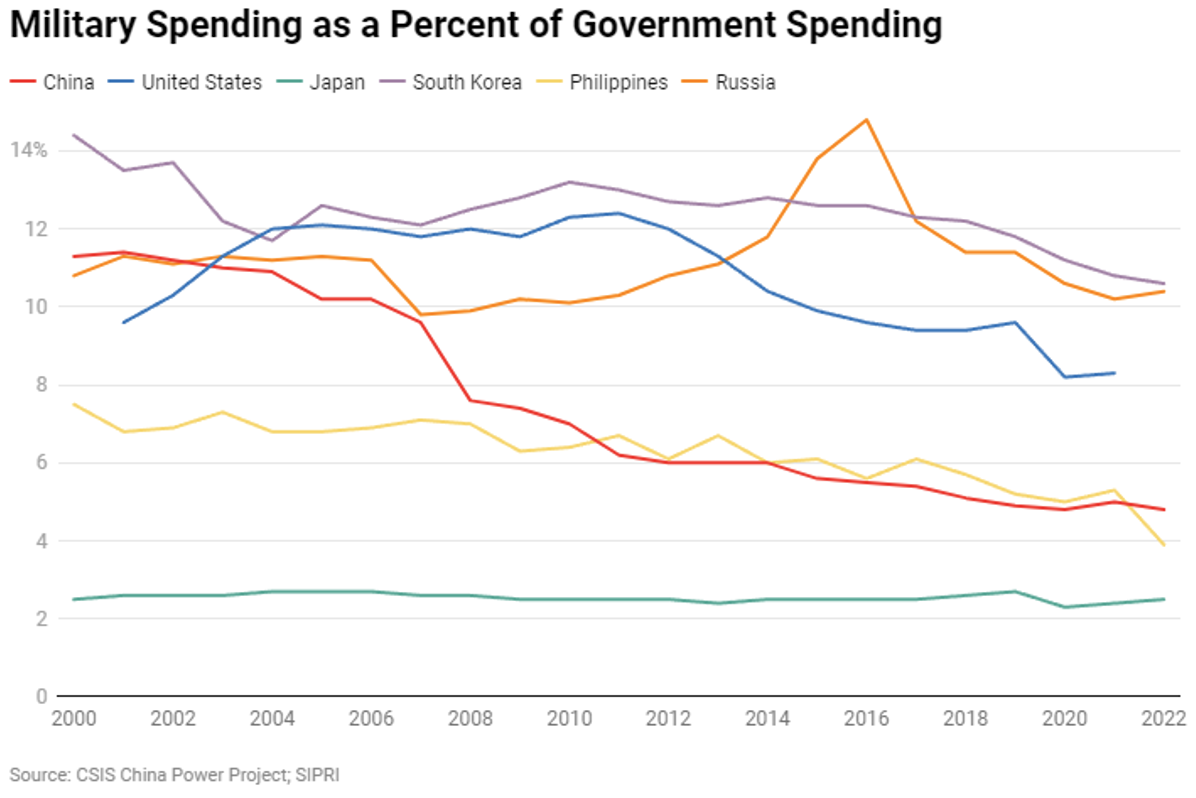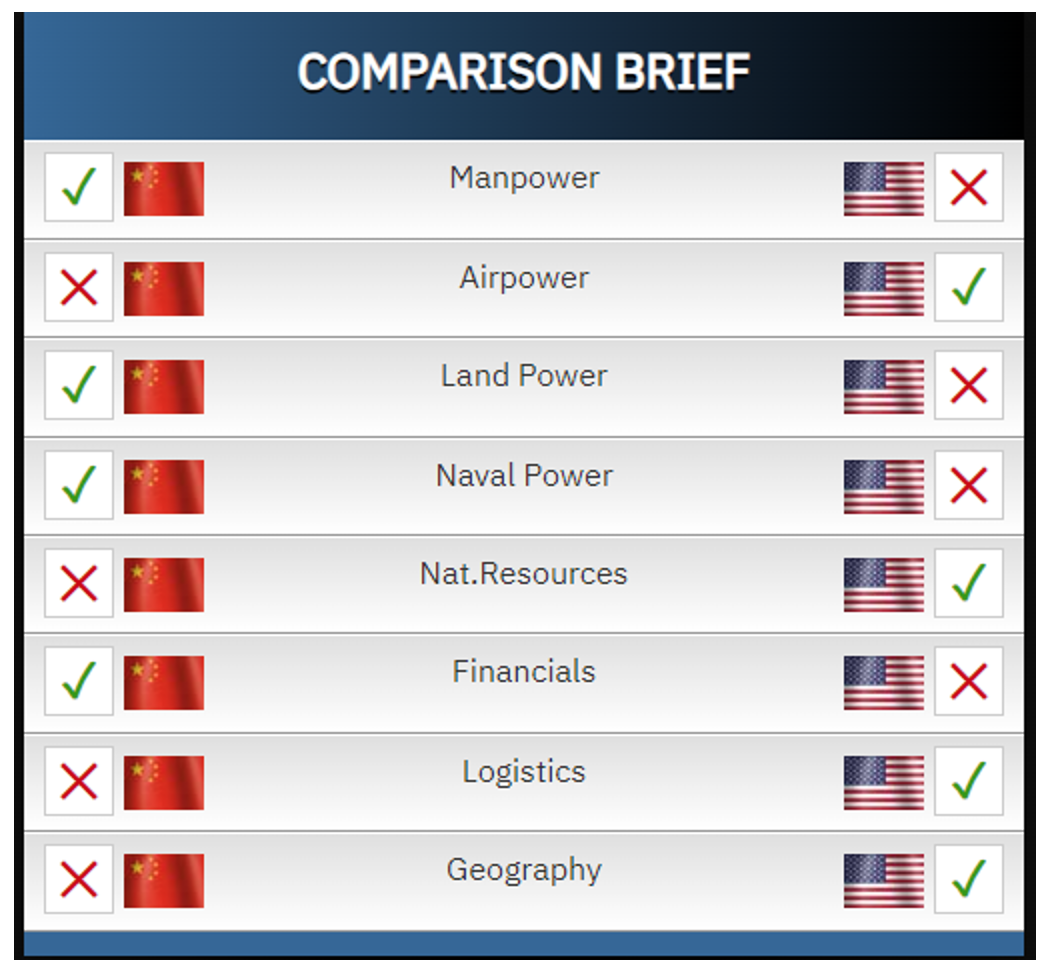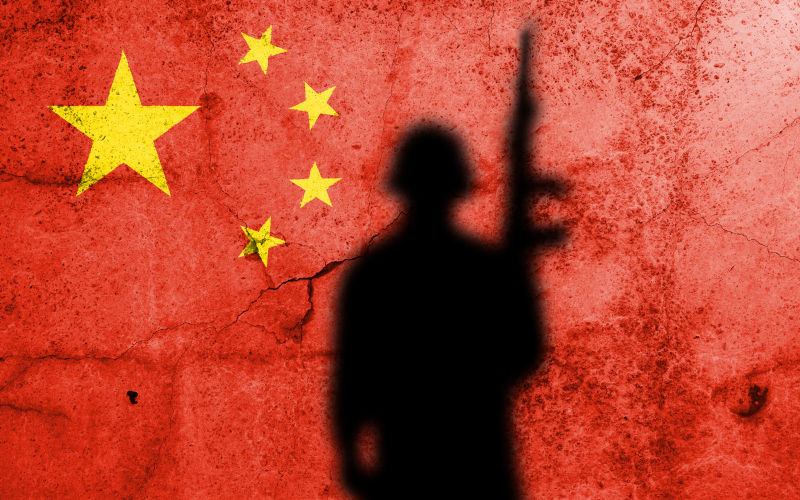Chinas Military is built for defence, not to threaten others
September 30, 2023
In the final of this three-part series, I explore why Chinas emphasis on expanding land and naval forces suggests its focus is on defence of its borders and seaborne trade, not offence._
_
In the first two articles of this series, I explored how US narratives on the China threat have become entrenched in Western security communities and how a China threat narrative has been constructed by Republicans and Democrats in the United States in an attempt to create a rally round the flag effect designed to internally unite a deeply divided America. I then outlined six reasons why China is not a threat, including because Chinas has no imperial legacy, Chinas foreign policy is not - like some other states - ultra-nationalist, China has no territorial ambitions, China is not exporting its ideology, Chinas obsession is secession, and because Chinas focus is driven above all by economic concerns.
Here is the final of seven reasons why China is not planning to conquer and occupy any other nation.
Chinas military is defensive
The International Institute for Strategic Studies (IISS) after adjusting for categories that do not appear in the official Chinese budget estimates that Beijings 2023 military budget was US$260 billion. In terms of purchasing power parity (PPP), which compares economies based on differences in countries cost of living, the number rises to US$385 billion.
American spending on defence continues to dwarf Beijings budget. According to NATO estimates the USA will spend US$860 billion on its military in 2023. That is more than double or triple that of China depending on whether USD exchange rate or PPP figures are used.
According to the Stockholm International Peace Research Institute (SIPRI) military spending as a proportion of a nations economy (GDP) in 2022 was 1.6% in China versus 3.5% in the USA . It says the USA spends more on defence than the next ten countries combined. See chart below.

If China was planning to conquer its neighbours, it would have ramped up its military spending relative to the rest of its economy as both Germany and Japan did before World War II.
According to SIPRI Chinas military spending has increased but not out of line with its GDP growth. And as a share of Chinese government spending it has fallen from 11.3% in 2000 to 4.8% in 2022. See next chart.

In July 2023 NATOs 31 members states each pledged to spend at least 2% of GDP on defence, firming up the alliances previous goal to move toward the 2% guideline. Australia is planning to lift its military spending from 1.9% of GDP in 2022/23 to 2.2% ten years out. Japan, the third largest economy in the world, is in a rush to boost its military spending from 1.1% to 2.0% of GDP by 2027. China finds that alarming.
Even if China wanted to more than double or triple its military spending to match Americas it would still be outgunned by the USA and its military allies since China has only one military alliance, that with North Korea, which dates to the Korean war.
Total military spending by NATO (USA, Canada and 29 European member states) in 2023 was $1, 264 billion. NATO has extended its reach to Asia inviting the leaders of Japan, South Korea, Australia and New Zealand to its last two summits. Together with Thailand, and the Philippines which also have military treaties with the USA, the total military spending of North American, European and Asian military allies in 2023 is about $1,401 billion [https://wisevoter.com/country-rankings/military-spending-by-country/].
By contrast China and its single military ally, Noth Korea (US$5b) together spend US$265 billion. Throw in Russia and Belarus (together $87b) which have no formal military obligations to defend China nor has China enjoined Russias war with Ukraine - the total sum comes to about US$352 billion in 2023. In other words, US allies with an interest in Asia outspend China and its potential allies by a ratio of four to one.
Since 2006 GlobalFirepower (GFP) has analysed 145 modern military powers against their potential war-making capabilities across land, sea, and air fought by conventional means. The results incorporate values related to manpower, airpower, land power, naval power, natural resources, financial capacity, logistics and geography represented by 60+ individual factors used in formulating the final rankings.
GFP ranks America as the most powerful country in the world followed by Russia and then China. A direct comparison of China and the USA on military power shows that Chinas strength is in manpower, land power, naval power, and financials whereas Americas strength in in airpower, natural resources, logistics and geography. See chart below.

To put the US versus China military capacities in perspective, a subject matter expert, writing in the Journal of Indo-Pacific Affairs summed it up this way:
The US military dominates the strategic, tactical, and operational levels of warfare across the spectrumAccording to Taylor Fravel, China is not a military superpower Chinas military power is miniscule as compared to United States former adversary the Soviet Union. Chinas military will be thinly stretched defending the third-largest country in the world. The top echelons of the CCP and PLA acknowledge US military advantages.
Chinese scholars like Xu Ruike and Sun Degang admit that China is an economic heavyweight but is a military featherweight and will remain so for the coming decades. US primacy in the postCold War world has prevented World War III. The two most likely contenders for expansion, North Korea and China, have restricted their militaries within their borders. The United States retains unrivalled military power, and China is not in a position to challenge it.
Conclusion
China would be foolish to start a war with the USA and its treaty allies given their huge firepower. If it was planning to do so it would be increasing military spending by a lot more than it does. Its emphasis on land and naval forces suggests its focus is on defence of its borders and seaborne trade not offence. Its long-standing policy is for Taiwan, which it considers a renegade province, to become part of China again. It seeks to achieve that by peaceful means though wont rule out using military force.
If force was used the most likely course would be a naval blockade until Taiwan negotiated a settlement. Biden has said that America would come to Taiwans defence and in the meantime is arming it to be a porcupine. China knows if it attacks Taiwan, it risks internal dissent (Chinese dont like Chinese fighting Chinese) and an all-out war with America. It would also invite Western economic sanctions and a blockade of Chinese shipping and aircraft movements. It is doubtful China would take that gamble.
Nevertheless, to avoid provoking such a conflict America should strictly abide by its One China policy and clarify that its military aid to Taiwan is conditional on the island not declaring independence. Unfortunately, some Democrat and Republican politicians unilaterally court independence advocates in Taiwan raising concern that America may ultimately give diplomatic recognition. More than anything else that could trigger war because Taiwanese independence is a red line that China insists not be crossed.
Secondary flashpoints such as Chinas military base in the South China Sea, human rights in Tibet, Xinjiang and Hong Kong, trade disputes with the USA and Australia and fishing disputes with the Philippines and Vietnam should be addressed through diplomacy not military containment.
A war with China is avoidable because it is not looking for one. But if America isolates China by equating it with Russia, escalates every dispute into a make-or-break issue and recognises Taiwan as a sovereign state, tensions will rise until war seems inevitable. Anti-China hawks already envisage that.
Likewise Australia should stop treating China as its enemy and instead see it for what it is a rising economic superpower that wants to engage diplomatically and commercially with the world, not ideologically or militarily.
View the full series from Percy Allan here:
